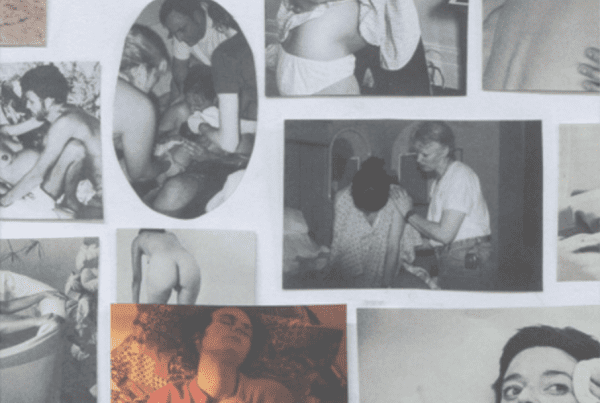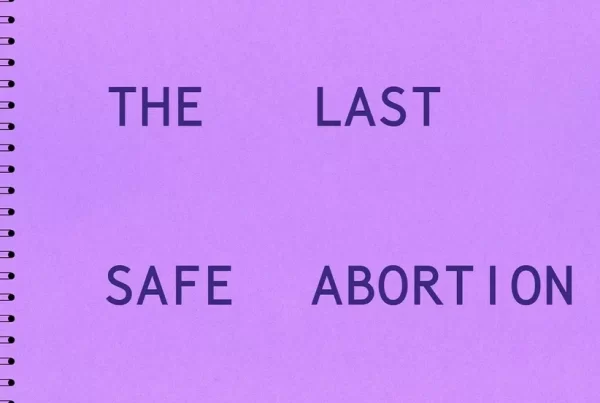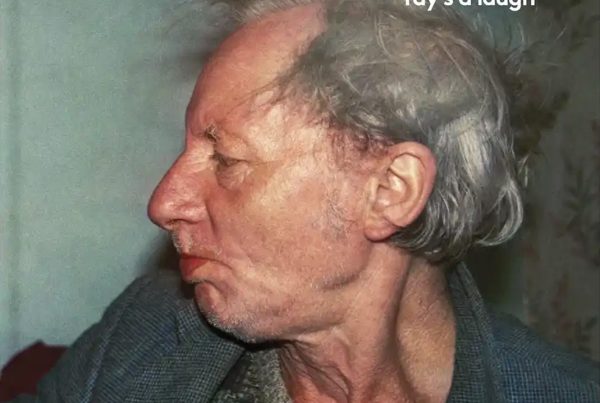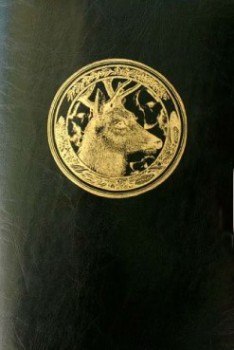
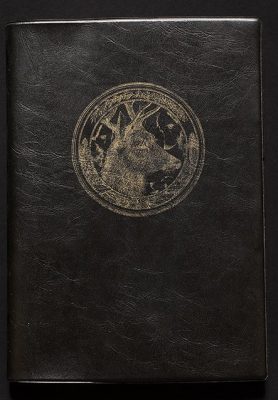 The Frozen Wolf Hunt
The Frozen Wolf Hunt
Ricardo Cases
Fiesta Ediciones
Spanish, English
Softcover
80 pages
140 x 210 mm
2009
ISBN 9788461318414
Not long ago, the owner of a hunting reserve in the north, hunted a wolf. In the good old days the animal would have been stuffed or maybe thrown directly into the trash can. Now, this rare and protected hunt has ended its days in the bottom of a freezer. ‘If important people come to hunt, we take it out of the freezer the day before and tell them: Look what we killed yesterday. It’s what they want to see’.
As Spain’s urbanization continues to expand, nature is getting more and more confined. Cities have turned into working and economic centres as their population continues to grow. Remaining in the country doesn’t mean it will someday belong to you: it´s once you’ve moved to the city that you can conquer again the country.
But once you’re in the city the outlook changes. You gain in work, in money and in a certain sense of well-being but you start missing something. The conquest of the country becomes the conquest of a romantic ideal. The countryside dreamt by the city is not a wild place, not even a rural one. It is more like a theme park representing the country or the place to go to get the in touch with the “real thing”. Rural hotels to their best to look more and more typical, cheese more and more homemade, names are made up to things and places that never had a name, and then the city dwellers start remembering past lives or generations.
Fighting against nature is one of the things that turns a man into a man.. People in the city can spend years without seeing the whole animal he’s eating but just in tights or fillets shape. Actually killing an animal for food is almost a traumatic contact with reality but still exciting. It is life. To be able to say: I killed it.
Obviously, this is another reason why these theme parks exist. A hunting reserve is not anymore an area where wild deer live in freedom, it is a fenced private property where stags are bred and fed all year round. When the hunting season starts the city dwellers comes from the city in his four-wheel-drive with leather seats searching for an experience. He is taken in by the blood and the brute atmosphere that surrounds the hunt and that takes him back to what he lost: his rural origins. With the shotgun in his hand, the Spanish town dweller who conquered the city remembers he is still a man, that he is still able to survive.
Later he’s taken a photo with his frozen wolf trophy and he climbs back into his four-wheel-drive without fully feeling what he had planned to find.
His face is alight with envy of the dogs who, drunk with blood, still know how to enjoy in a crazy way.
“His photographic work focuses on the yearnings of the human being: the deep and universal longings of the citizen of the mass society, fighting against banality in an effort to transcend, confronting his own dignity with a medium always untrustworthy. To this end, he turns his eye to expressions of contemporary folklore, looking for the truth of the Spaniard: a townsman who is forced to live in the city, in modernity. Beyond a pop appearance distant and cynical he is interested in what is human and anthropological. Beyond the social and documentary, he searches for the truthful and universal pulsations beating beneath the banal surface often kitsch and lacking glamour of contemporary Spain”. Luis López Navarro
About the Artist
Ricardo Cases (b.1971) in Orihuela, Alicante graduated in Information Sciences from the University of the Basque Country, Bilbao. In 2006 he joined the Blank Paper Photography Collective. In 2009, together with the designer Natalia Troitiño, he launched the publishing house Fiesta Ediciones. Member of the AMPARO platform since 2013. Since 2007 he has been working as a professor at the European Institute of Design, at Efti and at CASA. He has published the books Salt (Dalpine, 2018), The target (Dalpine, 2016), The reason for the orangess (Mack, 2014), Could have been avoided (Dalpine-Temple, 2015), Pigeon in the air (Photovision-Schaden-Dewi Lewis, 2011), The hunt for the frozen wolf (Festival Editions-Notebooks of the Kursala, University of Cadiz, 2009) and Neighborhood beauty (University of Extremadura, 2008).
ricardocases.es
(source: https://ricardocases.es/information/)
About the Publisher
Fiesta Ediciones is a Spanish publishing house, founded by Ricardo Cases and Natalia Troitiño.
fiestaediciones.blogspot.com

